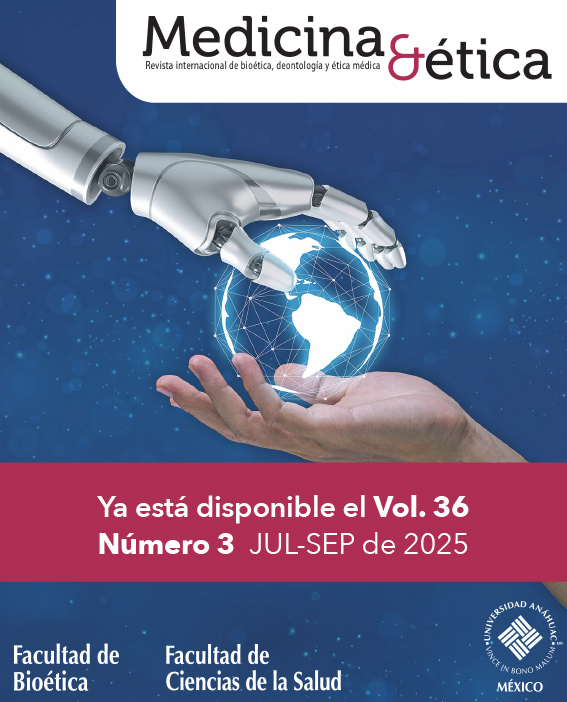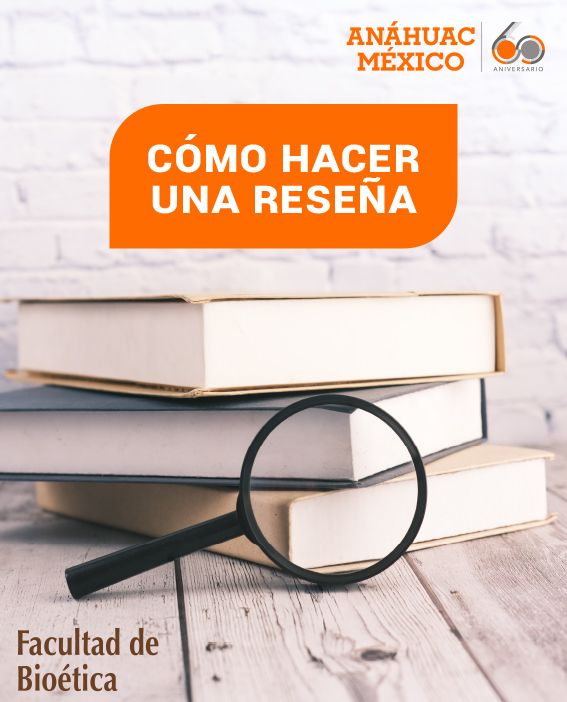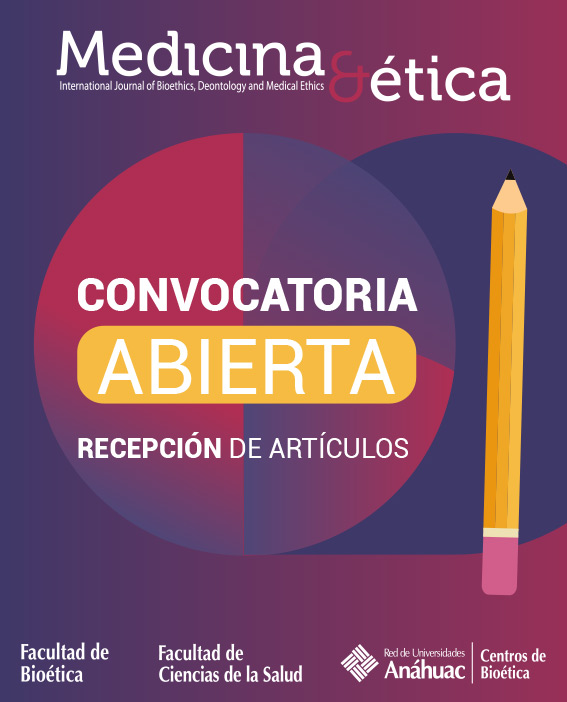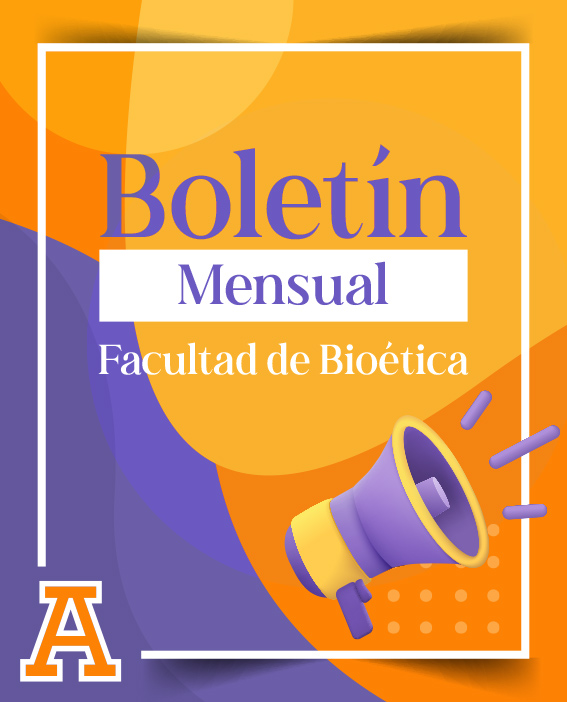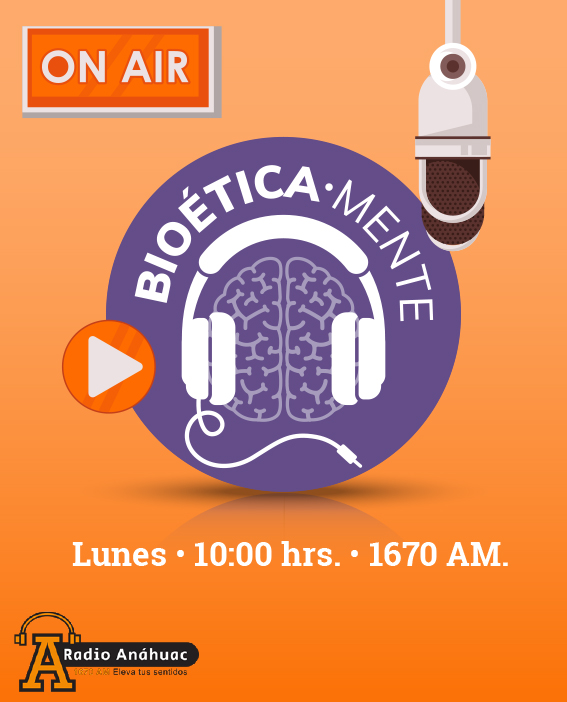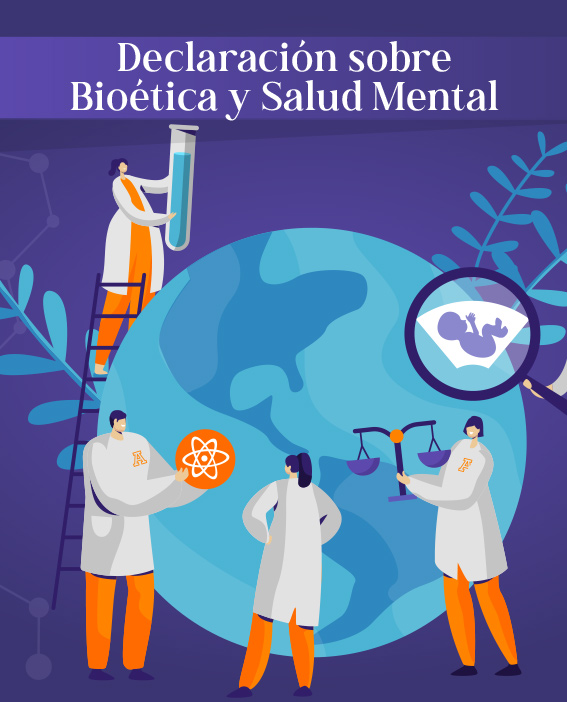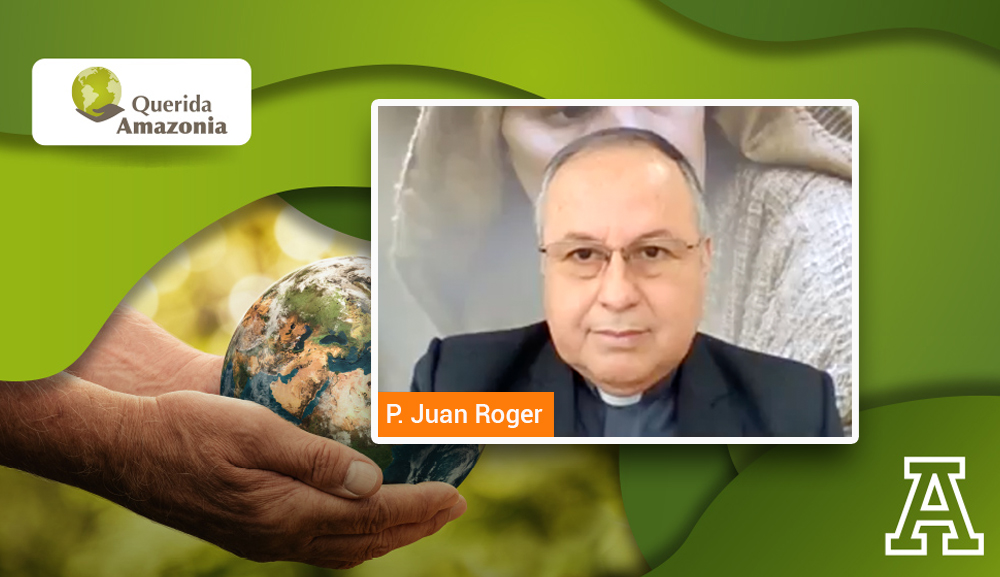
Our speaker, Fr. Juan Roger Rodríguez, highlights that the disconnection of the being with his environment is due to the disconnection of himself.
On September 29, the 12th session of the “Querida Amazonia” seminar was held with the theme: "Integral ecology: Pope Francis proposal." on this occasion, he had the pleasure of having the participation Fr. Juan Roger Rodríguez, member of the Querida Amazonia group and rector of the University of los Angeles in Chimbote, Peru.
Father Juan Rodríguez introduces us to the dilemmas that encompass integral ecology, with respect to the different perspectives and challenges that the world today, first understanding the ecological crisis as a spiritual crisis. Thus, he emphasized that the being's disconnection with his environment is due to his disconnection from himself, losing the bond that links him with his peers, with the land that houses him and with the mystery that surrounds him.
On the other hand, Fr. Juan Roger Rodríguez points out the main current ecological problems, highlighting pollution and climate change, the loss of biodiversity such as deforestation, species extinction, environmental impact, among others. One of the main limitations in dealing with these problems lies in the division of opinions, ranging from denial to uncertainty or the lack of urgency and seriousness of the matter.
In the same way, he highlighted the growing need to understand the different phenomena of change in integral ecology, starting from social problems and their relationship with politics and with the economy where politics should not be subject to the economy and it should not be subject to ideological dictates or to the efficient paradigm of technology, but rather must have a critical conscience at the service of the human person.
To conclude, Fr. Juan Roger Rodríguez explains that Christian simplicity and spirituality also implies rediscovering the cycles of nature and learning to live with serenity. Spend some time to regain serene harmony, reflect on our lifestyle and ideals, and contemplate the creator. Thus, it is necessary to understand integral ecology as an invitation to seek other methods of living and practicing economics, politics, ecology, and spirituality to recover the value of each creature and the human sense of ecology and power with it. Listen to the cry of the earth, which is also the cry of the poor.
To see the full presentation, click here.
More information:
MPSS Jhosue Hernández González
Facultad de Bioética
bioética@anahuac.mx

